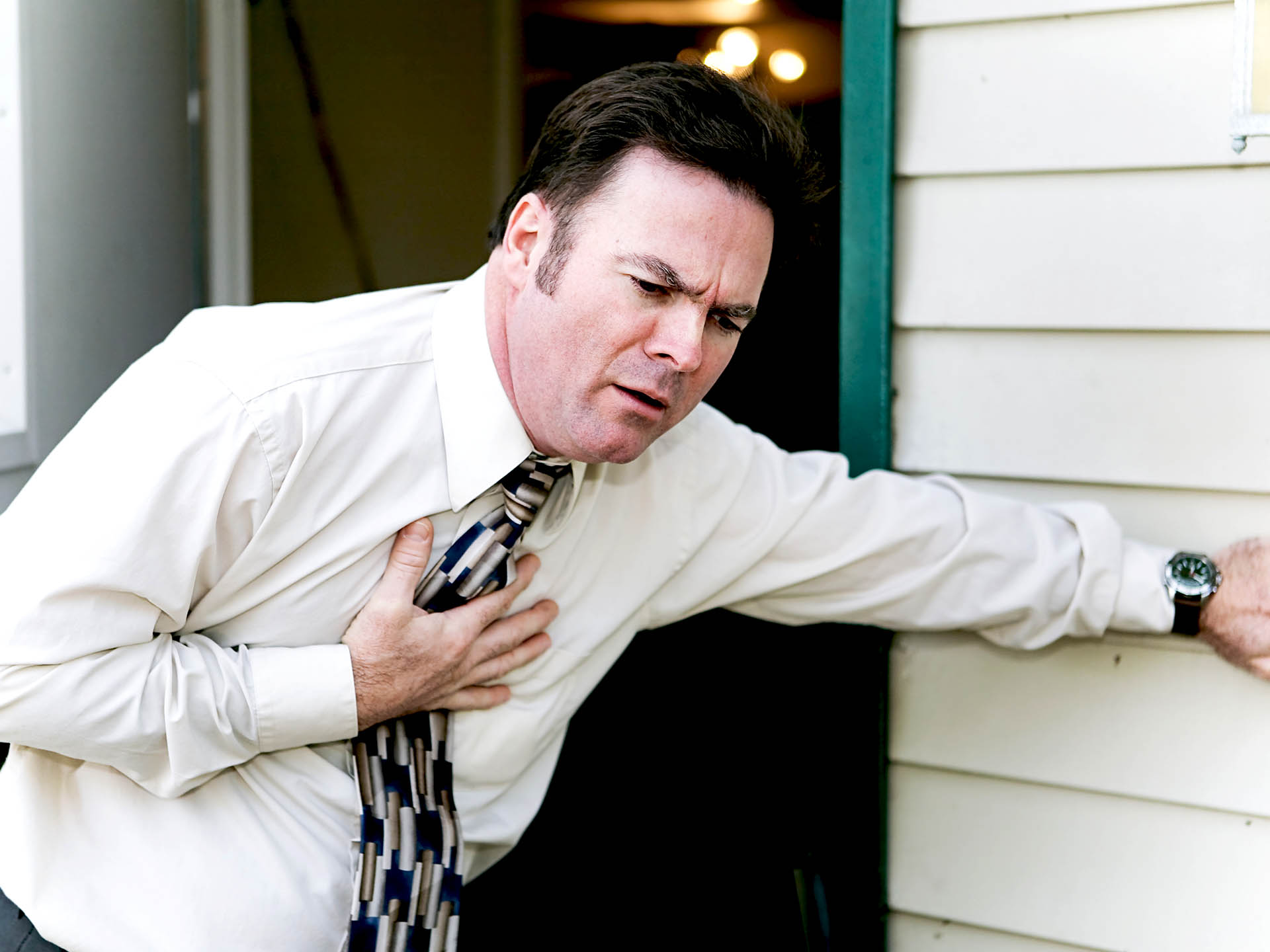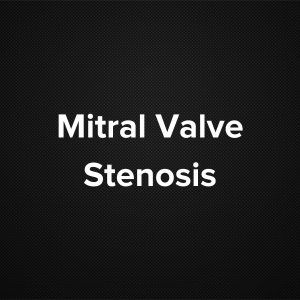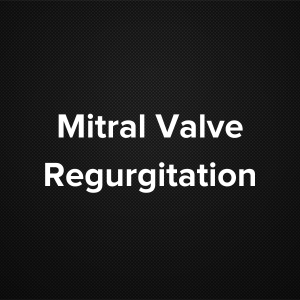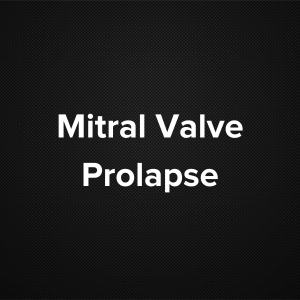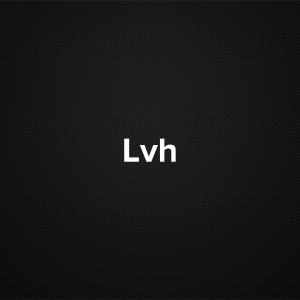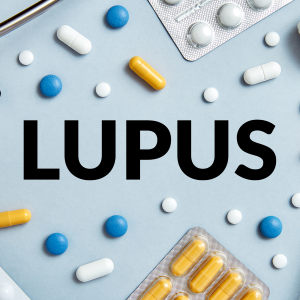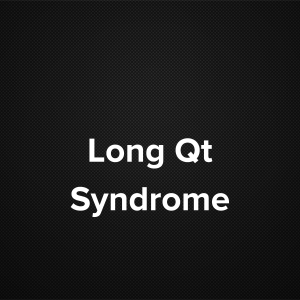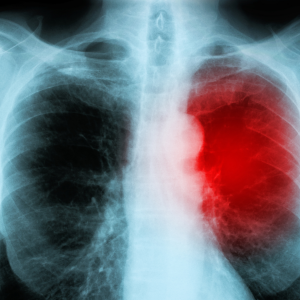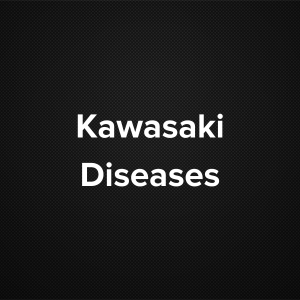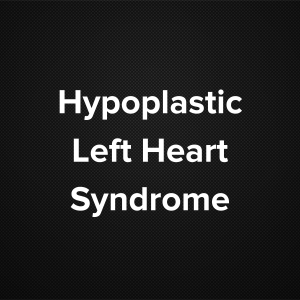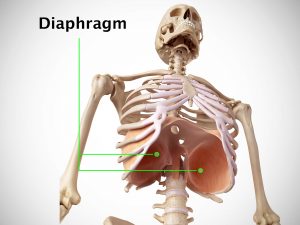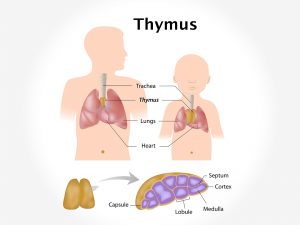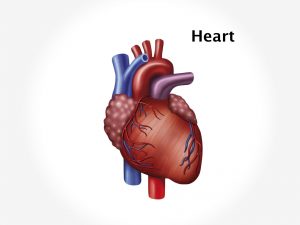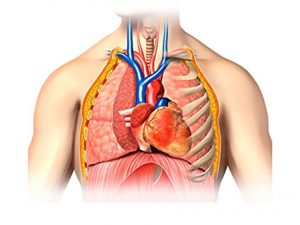Causes and risk factors
Most of the times palpitations are not a matter of worry and can be caused due to stress, certain emotions or use of caffeine or nicotine and even alcohol. Physiologically palpitations are commonly seen during pregnancy where the enlarged uterus causes elevation of the diaphragm which causes the heart to push outwards and upwards. Certain hormonally changes, strenuous exercises, abnormal electrolyte level and certain medications can also cause palpitation. Dehydration, fever, anemia and hypothyroidism also contribute to the causation. Intake of highly rich and spicy food in excess can also be one of the causes of palpitation. Palpitation can be a symptom of variety of underlying heart diseases like coronary artery diseases, Hypertension, heart attack, congestive heart failure etc.
Clinical presentation
The person usually comes up with complaints of rapid beating of the heart. The person can feel the heart beat. An individual can describe of feeling of some vibrations in the chest region which can be felt up to the neck. Nothing ameliorates the complaints. These complaints can either be frequent or the patient can experience it occasionally for a short period.
Investigations
Diagnosis is done on the basis of the symptoms narrated by the patient. The vital signs of the patients are monitored. ECG is diagnostic. It helps to differentiate between the serious and harmless ones.Holter monitoring is usually recommended in cases where the palpitations are not frequent. Certain other investigations like Chest X ray, 2D echo, serum enzymes levels, and routine blood test etc can be also be
Treatment
Treatment is planed depending upon the severity and the underlying cause. Treating the underlying cause is the main line of treatment. In cases where smoking, alcohol, use of nicotine and caffeine is the cause. Complete stoppage of these triggering factors is recommended. Anti arrhythmic medications can be prescribed by the doctor. Use of radio frequency ablation is found to effective in treating some forms of arrhythmias.Surgical intervention is needed in cases where the underlying pathology can be managed by conservative line of treatment. Lifestyle modification also plays an essential role. Measure to manage stress, inculcating meditational and spiritual support, getting involved in positive recreational activity are the certain steps to be implemented.
Other modes of treatment:
Certain other modes of treatment can also be helpful in coping up the symptom. Taking into consideration the symptoms in holistic way, homoeopathy can offer a good aid for the relief of the symptoms. The Ayurvedic system of medicine which uses herbs and synthetic derivates can also be beneficial in combating the complaints.
